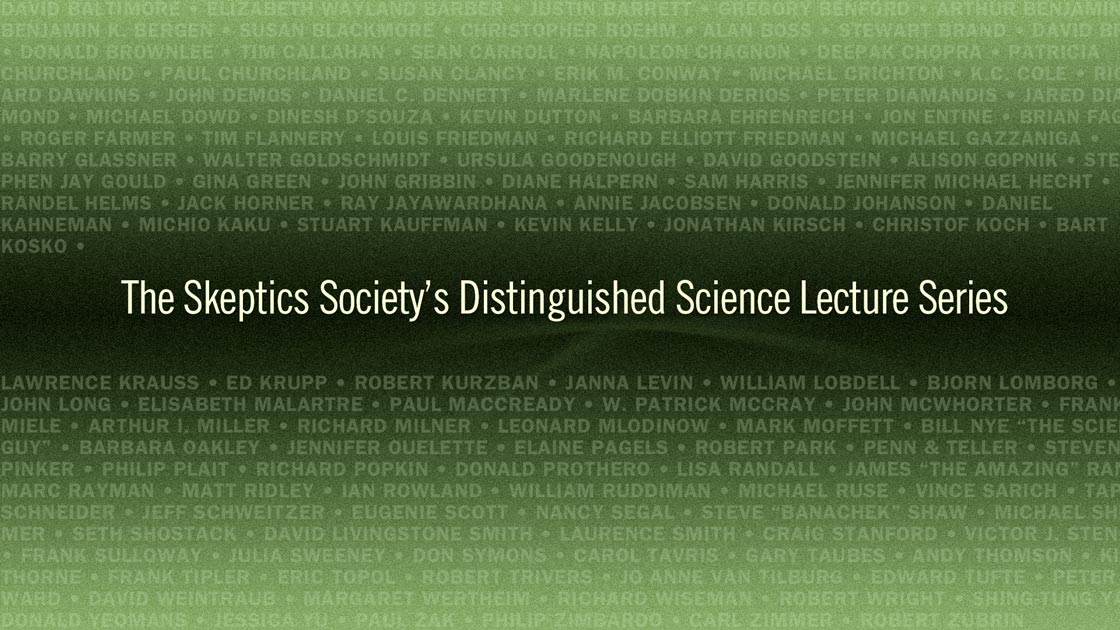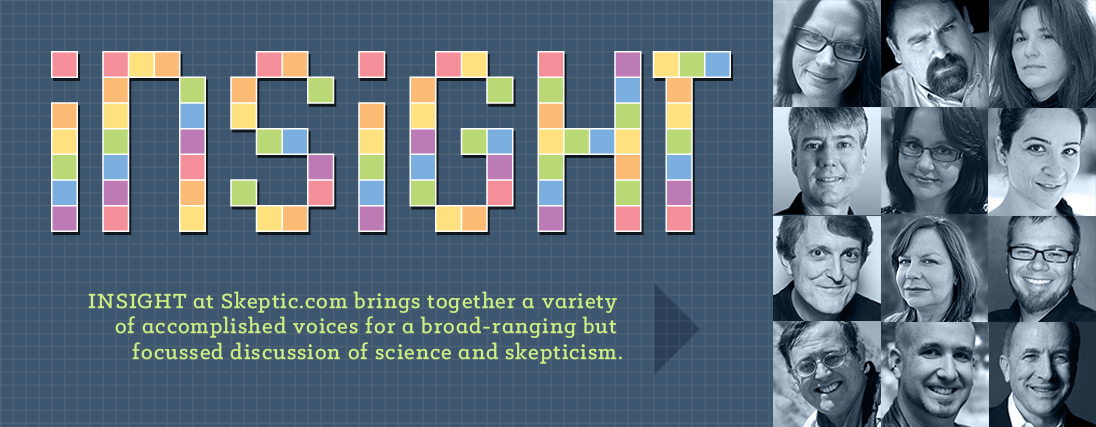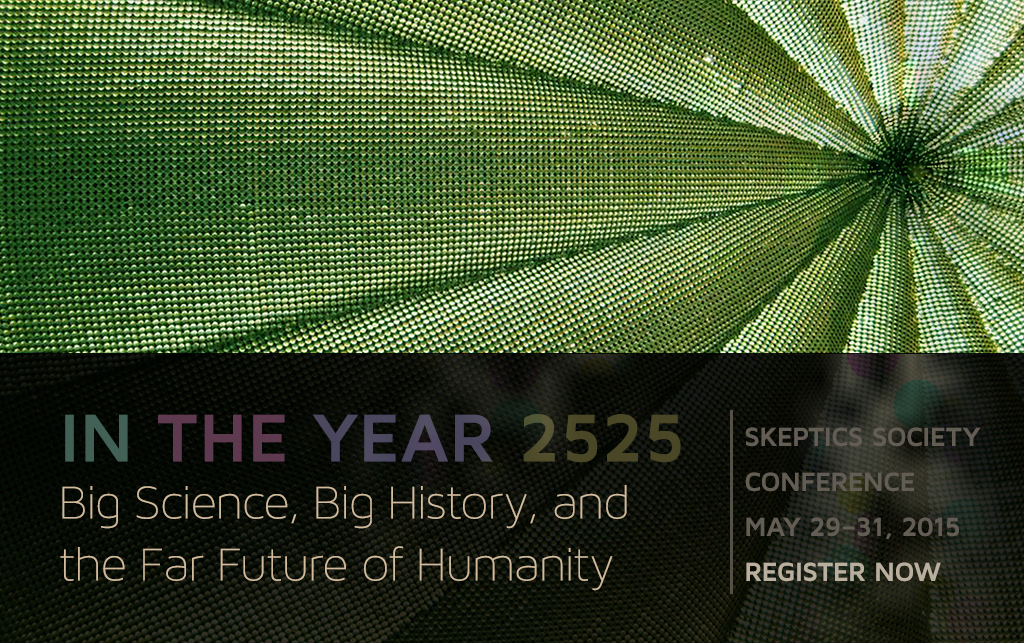In this week’s eSkeptic:
UP NEXT AT CALTECH: DR. SUSAN PINKER
THE VILLAGE EFFECT: How Face-to-Face Contact Can Make Us Healthier, Happier, and Smarter
Sun., Mar. 29, 2015 at 2 pm
Baxter Hall, Caltech

Credit: Susie Lowe
IN THIS ENTERTAINING AND PERSUASIVE LECTURE based on her new book, psychologist Susan Pinker shows how face-to-face contact is crucial for learning, happiness, resilience, and longevity. From birth to death, human beings are hardwired to connect to other human beings. Face-to-face contact matters: tight bonds of friendship and love heal us, help children learn, extend our lives, and make us happy. Looser in-person bonds matter, too, combining with our close relationships to form a personal “village” around us. Not just any social networks will do: we need the real, in-the-flesh encounters that tie human families, groups of friends, and communities together. Marrying the findings of the new field of social neuroscience with gripping human stories, Susan Pinker explores the impact of face-to-face contact from cradle to grave, from city to Sardinian mountain village, from classroom to workplace, from love to marriage to divorce. Creating our own “village effect” makes us happier. It can also save our lives.
A book signing will follow the lecture. We will have copies of the book, The Village Effect: How Face-to-Face Contact Can Make Us Healthier, Happier, and Smarter , available for purchase. Can’t attend the lecture? Order The Village Effect online.
TICKETS are available first come, first served at the door. Seating is limited. $10 for Skeptics Society members and the JPL/Caltech community, $15 for nonmembers. Your admission fee is a donation that pays for our lecture expenses.

WATCH A LECTURE RECORDED AT CALTECH FEBRUARY 8 2015
The Moral Arc: How Science Leads Humanity Toward Truth, Justice, and Freedom

Missed Michael Shermer’s lecture on The Moral Arc at Caltech last Sunday? Watch it for free online! In this provocative and compelling talk—that includes brief histories of freedom rights, women’s rights, gay rights, and animal rights, along with considerations of the nature of evil and moral regress—Shermer explains how scientific ways of thinking have moved us ever closer to a more just world.
NEW SCIENTIFIC AMERICAN COLUMN ON MICHAELSHERMER.COM
A Moral Starting Point: How Science Can Inform Ethics
Why is it wrong to enslave or torture other humans, or take their property, or discriminate against them? That these actions are wrong, almost no one disputes. But why are they wrong? That’s the question Michael Shermer asks us to consider in his February 2015 “Skeptic” column for Scientific American.
Weekly Highlights
INSIGHT at Skeptic.com sheds light, offers critical perspective, and serves as a broadly accessible, evidence-based resource on mysteries of science, paranormal claims, and the wild, woolly, wonderful weirdness of the fringe. This week’s highlights are:
















